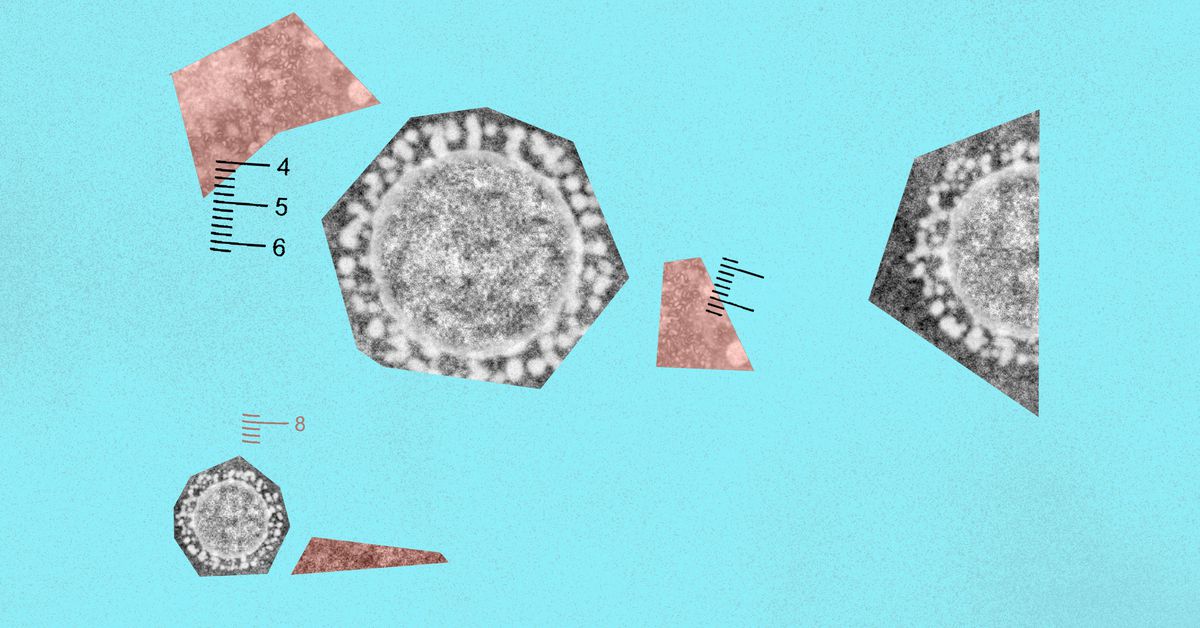Symptoms from the omicron variant of the coronavirus might offer a clue as to what the next big COVID-19 variant might look like.
The Daily Beast recently reported about a potential new COVID-19 variant that could spring up in the near future. The variant would be potentially more dangerous than the omicron variant because how it causes symptoms would be different.
- “Viruses evolve to survive. That can mean greater transmissibility, antibody-evasion or more serious infection. Omicron mutated for the former two. There’s a chance some future Sigma or Upsilon lineage could do all three,” according to The Daily Beast.
So what does that virus look like? Well, the COVID-19 symptoms and transmissibilty of previous variants can offer a clue.
- “Imagine a lineage that’s as transmissible as omicron but also attacks the lungs like Delta tends to do,” according to The Daily Beast. “Now imagine that this hypothetical lineage is even more adept than Omicron at evading the vaccines.”
So yes, it’s clear that there could be a more dangerous variant out there. For now, the world’s population is dealing with the omicron variant, which has shown to be more transmissible and contagious.
- All the early research so far suggests that the omicron variant creates mild COVID-19 symptoms for those who are fully vaccinated, as I wrote for the Deseret News. The unvaccinated still remain at risk for severe illness and death from the omicron variant.
The World Health Organization warned Tuesday that there needs to be more research done into how the omicron variant can affect elderly populations.
- “We are seeing more and more studies pointing out that omicron is infecting the upper part of the body. Unlike other ones, the lungs who would be causing severe pneumonia,” WHO Incident Manager Abdi Mahamud said, per Reuters. “It can be a good news, but we really require more studies to prove that.”





